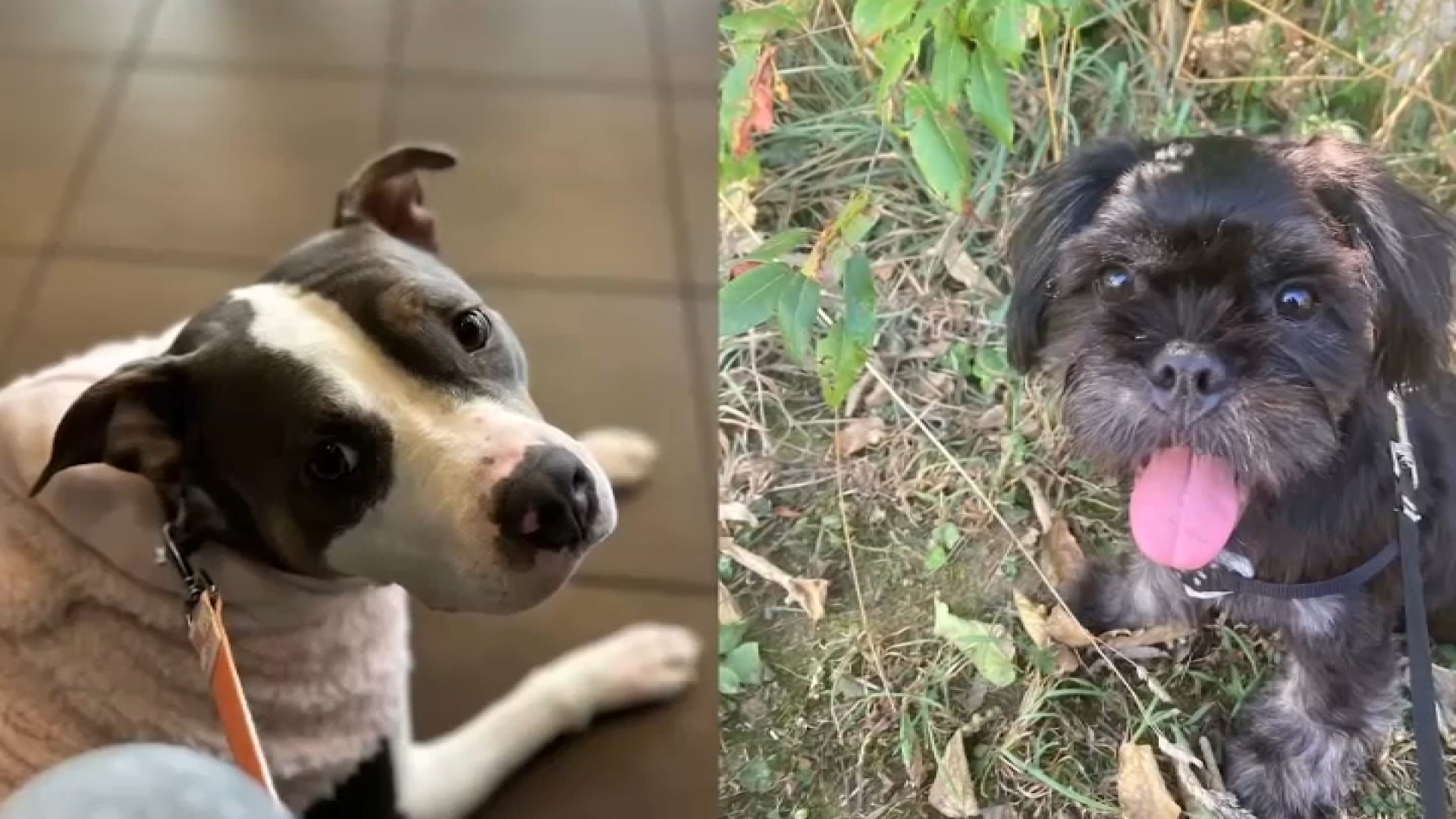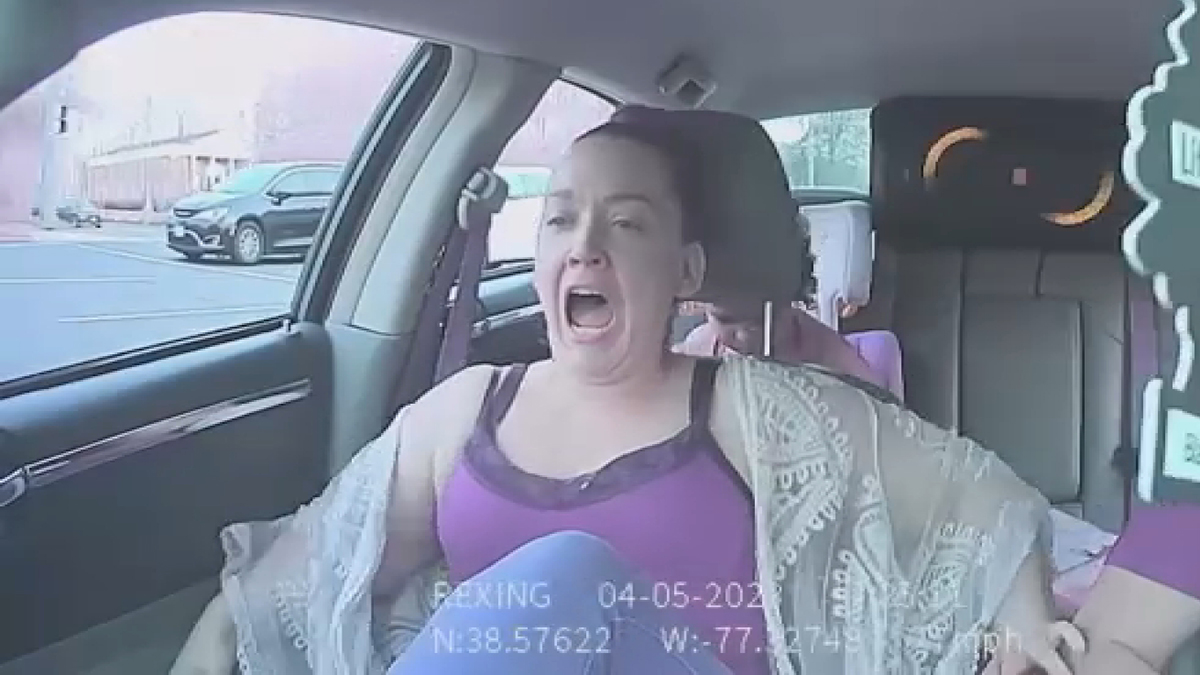What to Know
- A detective said an assistant medical examiner initially described Freddie Gray's death as "a freakish accident."
- Prosecutor Michael Schatzow noted friction between the detective and prosecutor Janice Bledsoe during the investigation.
- Judge ruled the trial would go forward on all charges after defense attorneys moved to have the charges dismissed for lack of evidence.
Tensions between police and prosecutors surfaced Thursday in the trial of a Baltimore officer charged with murdering a prisoner, as a prosecutor said he tried to have the lead detective removed from the case last year because he believed she was "sabotaging the investigation" by holding back information.
The testy exchange in court between Chief Deputy State's Attorney Michael Schatzow and Detective Dawnyell Taylor highlighted tensions that arose during the investigation into six police officers who were charged in the death of 25-year-old Freddie Gray last year. The cross-examination concerned Taylor's notes on her meetings with an assistant medical examiner in April 2015 about Gray's cause of death.
Gray died about a week after his neck was broken in the back of a police transport wagon. His death touched off the worst riots in Baltimore in decades.
While prosecutors contend Gray was murdered, Taylor said Dr. Carol Allan initially described Gray's death as "a freakish accident," one that "no human hands" could have caused.
"She said it was an accident," Taylor testified.
Taylor's testimony is significant, because Allan called Gray's death a homicide in her official report. "I had an open mind, and after reading the medical records and performing the autopsy, that's when I said, this is not an accident," Allan testified last week during Officer Caesar Goodson's trial. "The word 'accident' never crossed my lips."
Local
Washington, D.C., Maryland and Virginia local news, events and information
But Taylor testified Thursday that Allan said Gray's death was an accident "about three times."
Schatzow asked if police who attended one of the meetings with the medical examiner were suggesting Gray's death was an accident, but Taylor denied that.
"No one was suggesting anything to her," Taylor testified.
Schatzow noted there was friction between Taylor and prosecutor Janice Bledsoe during the investigation, when Bledsoe sought information from the detective. Taylor said Bledsoe had "a tantrum" during a review of documents. Schatzow asked if Taylor's notes about the medical examiner's initial cause-of-death comments were written after she had had the problem with Bledsoe.
Taylor said some of her notes were written after the meeting with the medical examiner, but she also noted problems she had with Bledsoe "about her integrity." Schatzow said Bledsoe had made allegations about Taylor's integrity.
Taylor said she was not removed from the case, but she was asked not to interact with Schatzow.
The testimony came on the sixth day of Goodson's trial.
Later, Donta Allen, a prisoner who had been inside the police van with Gray, also was called to testify, wearing handcuffs and leg chains. He initially was reluctant to say anything about the April 12, 2015, van ride, saying he didn't remember. However, he answered questions from attorneys after he was shown a video of his interview with police after the ride. He told police at the time that he heard Gray banging his head while riding in the van. He also told them the ride was smooth. However, Allen testified Thursday he had used heroin and Xanax that day.
Under cross examination by Bledsoe, Allen said he couldn't see Gray through a divider and that he was guessing that Gray banged his head.
"I just heard moving around," Allen said, adding that the sound was "very low."
Asked by defense attorney Matthew Fraling about his statement to police that day that he was not using drugs, Allen replied: "I lied."
Earlier in the day, Judge Barry Williams ruled that the trial would go forward on all charges against Goodson. Defense attorneys had moved to have the charges dismissed for lack of evidence when prosecutors rested their case Wednesday. Williams said the most serious charge of second-degree "depraved heart" murder was "a closer call" than the others.
Defense attorney Andrew Graham contended Thursday that prosecutors had failed to prove Goodson, the van driver, gave Gray a "rough ride" as Gray was handcuffed and shackled on the floor. Graham noted that one of the state's key witnesses, an expert on police policy, couldn't say for sure whether he saw evidence of a rough ride - police lingo for putting a prisoner in a police wagon without a seatbelt and driving so erratically that he or she is thrown around.
The state "hasn't introduced any proof at all," Graham told the judge.
But prosecutors cited Goodson's failure to get Gray medical attention and to seatbelt him in the van, despite multiple opportunities at several stops.
"It's at least five times, your honor," Schatzow said, referring to the number of times Gray could have been seat-belted.
On Wednesday, Williams ruled prosecutors violated discovery rules when they failed to give the defense Detective Taylor's notes contradicting the testimony from Dr. Allen.
The discovery violation came after Williams asked prosecutors to review their files for evidence they hadn't disclosed to the defense. The judge had found prosecutors violated discovery rules about information concerning a witness in an earlier case.
"It's never a good thing when a judge finds the state has committed a discovery violation," said Warren Alperstein, a Baltimore attorney who is uninvolved in the case but has observed nearly all the legal proceedings. "It's certainly not good when there are repeated discovery violations, and what's so significant is that these are discovery violations that are so egregious because there's an absolute affirmative obligation for the prosecution to turn over any evidence that is favorable to a defendant."
Prosecutors are still looking for their first conviction, after their first case against another officer ended in a hung jury and their second resulted in the judge's acquittal of another.



